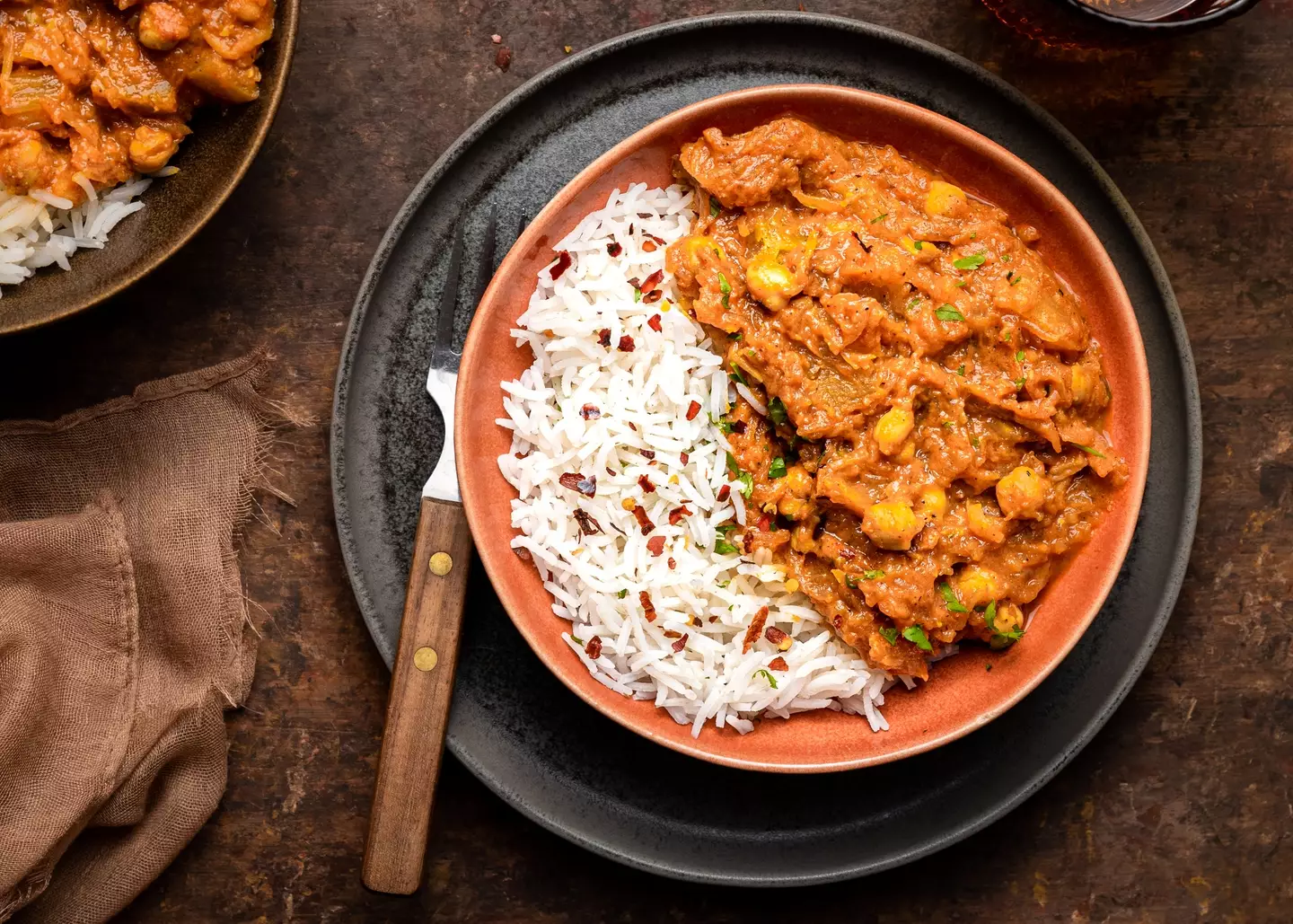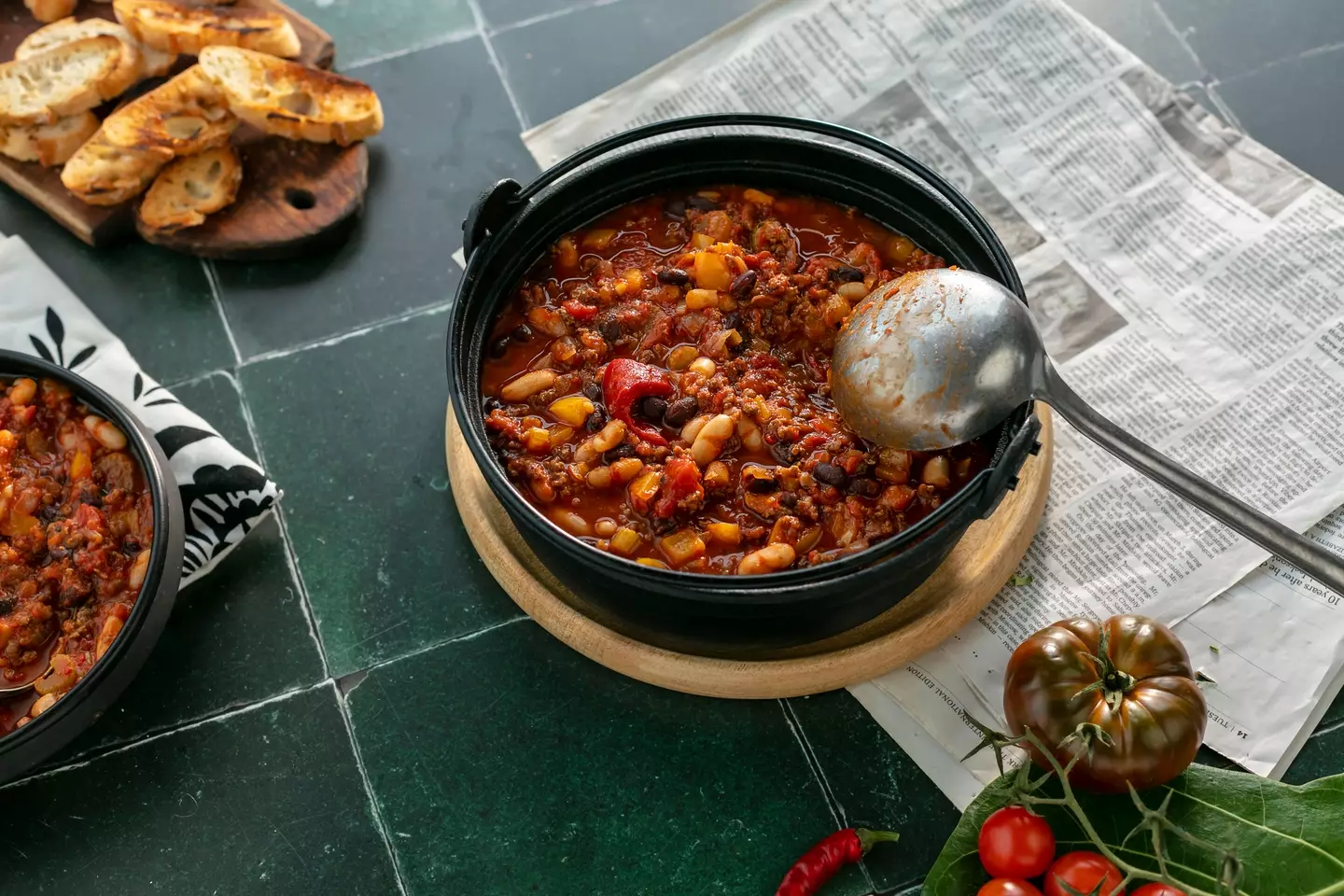
Chillies and their essential component, capsaicin, are a divisive food. Often the subject of various endurance challenges, they’re also a pseudo-masculine point of pride for the ego-deficient.
Is there a better sight than the local Big Kev turning scarlet because he insisted on ordering the Widowmaker despite largely subsisting on Pot Noodles and Pepsi Max?

To be fair, when someone can handle it, being able to tolerate spice is a pretty impressive quality. It can take years to build up a tolerance to capsaicin and unlock the higher spice tiers at the local curry house, and you need nerves of steel to take on the likes of Da’Bomb Beyond Insanity.
Advert
Besides potentially blowing your head off, chillies are a worthwhile thing to include in your diet. They’re a decent source of vitamins C and A, along with potassium and antioxidants. Other benefits include the potential to bolster your immune system, keep your heart healthy, and manage your weight.
Believe it or not, these fiery veggies also have painkilling and anti-inflammatory properties. As someone who once foolishly ate a Naga Ghost chilli – yes, I was the local Big Kev once – I would beg to differ.
As far as the weight management element goes, it turns out that chillies can be particularly helpful if you’re looking to control your appetite. And no, it’s not about making your food so spicy that you’d rather go hungry.
A study conducted by Penn State University’s Sensory Evaluation Centre examined how chilli affects food intake and oral processing when it’s added to meals. Oral processing refers to the physical, chemical and biological responses in the mouth when we eat something.
The study examined 130 adults who were each given one of two meals ranging from mild to spicy: a beef chilli or a chicken tikka masala.
Researchers were careful to measure the chilli content in the meals to test the limits of spice against palatability. In other words, how much chilli can people tolerate before it becomes too uncomfortable?
From there, the researchers recorded the participants’ responses to each meal. They measured how much food and water was consumed, how long it took for the participants to finish the meals, how many grams were consumed per minute, how frequently they took bites, and how large the bites were.
The participants also rated their meals based on appetite, how much they liked them, and how spicy they thought they were.
In the results, the researchers found a correlation between increased spiciness and decreased eating speed, as well as a decrease in the calories consumed during a meal. This was achieved without impacting whether the participants liked the meals, with reported enjoyment staying stable while reported spiciness and food intake didn’t.

The researchers concluded that the spiciness impacted oral processing behaviours, namely in slowing down the eating rate. Food is therefore in the mouth for longer, sending more satiety signals to the brain and decreasing appetite.
“What's critical here is that the reduction in intake occurred without negatively impacting how much participants liked the food,” said John Hayes, one of the study’s authors and a Penn State professor of food science.
This is still a pretty new theory, and the spice was managed in such precise lab conditions that you’re unlikely to get close to achieving similar results at home. However, watch this space: adding spice to your food could help to keep your appetite in check.
